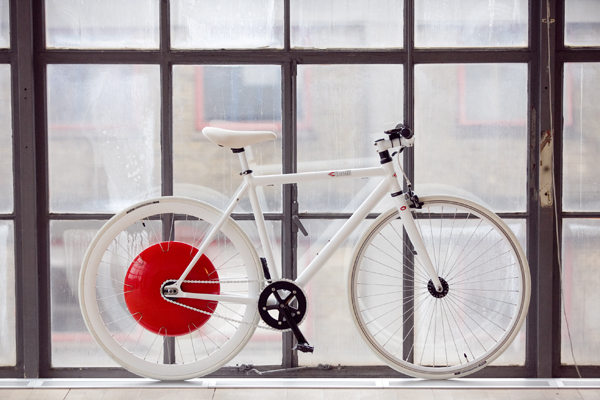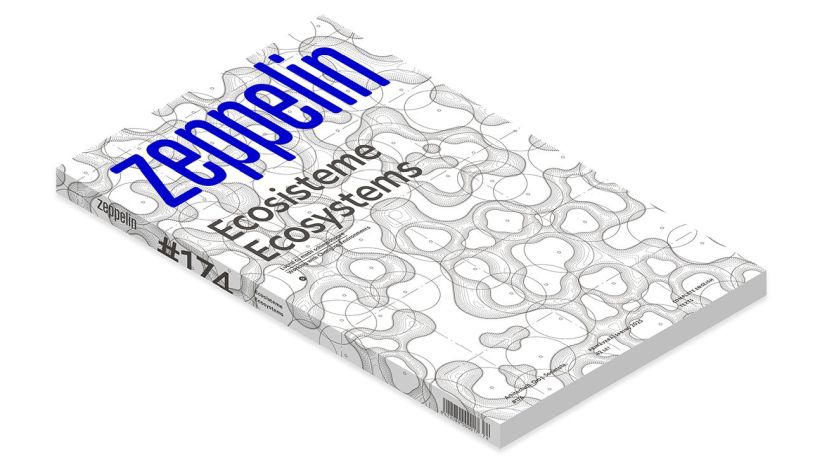Pro Patrimonio Foundation and ARA Association (Architecture. Restoration. Archaeology), Alburnus Maior Association, Rosia Montana Unitarian Parish, The Romanian Chamber of Architects anounce:
Rosia Montana is on the final list of Europe’s 7 most endangered sites and monuments
- Recommend on FacebookTweet about it
Izhar Gafni, an Israeli expert in the design of automated mass production lines discovered after years of research an opportunity to increase the structural performance of corrugated banal cardboard (usually used only in packaging) to make bicycles.
- Recommend on FacebookTweet about it
We turned used laptops and other electronic devices into independent reporters that document their “second life”, sending us images and GPS coordinates from remote places. The information they report back offers first-hand perspectives – glimpses into e-waste recycling villages, local thrift stores, public schools and libraries – that prompt a reflection on our society’s relationship with our electronic devices.
- Recommend on FacebookTweet about it
Imagine a future where immense amounts of trash didn’t pile up on the peripheries of our cities: a future where we understand the “removal-chain” as we do the “supply-chain”, and where we can use this knowledge to not only build more efficient and sustainable infrastructures but to promote behavioral change. In this future city, the invisible infrastructures of trash removal will become visible and the final journey of our trash will no longer be “out of sight, out of mind”.
- Recommend on FacebookTweet about it
„The Cophenhagen Wheel” is project realized for Kobenhavns Kommune and financed by Ministry for the Environment in Denmark. Controlled through your smart phone, a bicycle wheel becomes a natural extension of your everyday life. You can use your phone to unlock and lock your bike, change gears and select how much the motor assists you. As you cycle, the wheel’s sensing unit is also capturing your effort level and information about your surroundings. Access this data through your phone or the web and use it to plan healthier bike routes, to achieve your exercise goals or to meet up with friends on the go. You can also share your data with friends, or with your city – anonymously if you wish – thereby contributing to a fine-grained database of environmental information from which we can all benefit.
- Recommend on FacebookThis website uses cookies to improve your experience. We'll assume you're ok with this, but you can opt-out if you wish.Accept Read MorePrivacy & Cookies Policy
Privacy Overview
This website uses cookies to improve your experience while you navigate through the website. Out of these, the cookies that are categorized as necessary are stored on your browser as they are essential for the working of basic functionalities of the website. We also use third-party cookies that help us analyze and understand how you use this website. These cookies will be stored in your browser only with your consent. You also have the option to opt-out of these cookies. But opting out of some of these cookies may affect your browsing experience.Necessary cookies are absolutely essential for the website to function properly. This category only includes cookies that ensures basic functionalities and security features of the website. These cookies do not store any personal information.Any cookies that may not be particularly necessary for the website to function and is used specifically to collect user personal data via analytics, ads, other embedded contents are termed as non-necessary cookies. It is mandatory to procure user consent prior to running these cookies on your website.

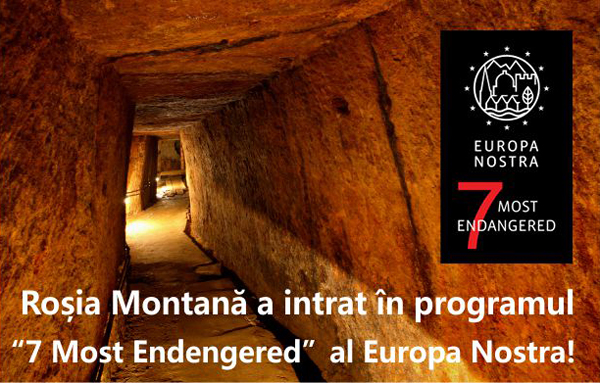
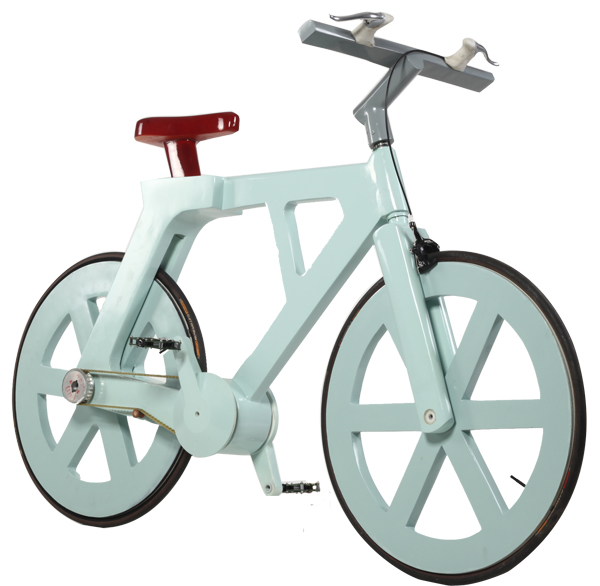
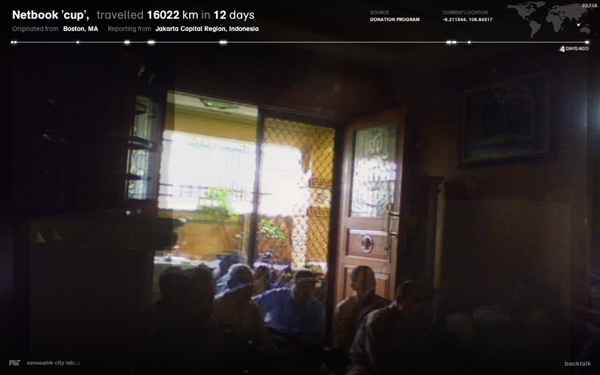
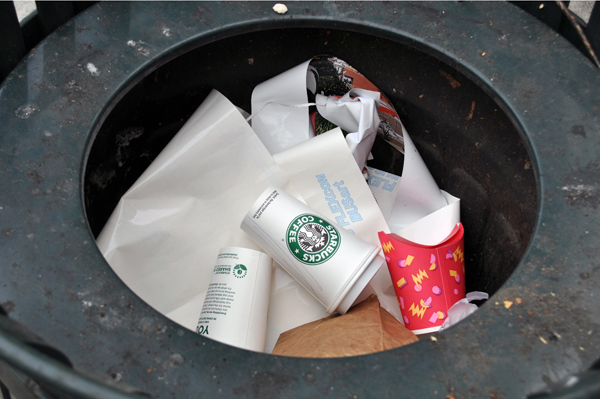.jpg)
